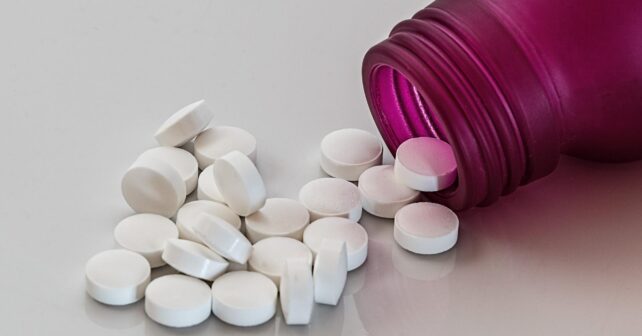
As the COVID-19 pandemic rages into its third year, we continue to face the massive challenge of limited targeted therapeutics. Early on, a host of pharmaceuticals were repurposed to fight COVID despite insufficient evidence. In the face of a novel virus, this was a reasonable approach, but the majority of these agents (e.g., hydroxychloroquine, ivermectin, colchicine and azithromycin) have been found to have no benefit in subsequent high-quality research. Despite the normal setbacks in research, we have identified a handful of useful therapeutics. It’s critical that clinicians stay current on the changing landscape of COVID medications. Let’s sort through the tidal wave of publications to get to the good stuff.
Monoclonal Antibodies (mAbs)
Mechanism of action: Give patients antibodies against SARS-CoV-2 early in their disease course to help stop cellular invasion and thus the development of severe COVID.
It should be noted that mAbs have never been shown to be effective in patients who are:
- Seropositive for SARS-CoV-2 antibodies (e.g., once you have a polyclonal antibody response to infection, a monoclonal antibody isn’t going to help)
- Previously vaccinated
Millions of doses of bamlanivimab, etesevimab (and combination of the two) and the REGN-COV2 cocktail (casirivimab/imdevimab) have been administered, but the medications are currently not in use due to lack of efficacy against the Omicron variant. Currently, sotrovimab is the only mAb available for use against Omicron in the United States but is extremely limited in availability.
mAbs play a limited role in the pandemic in part due to rapid development of resistance. Efficacy research is often rendered obsolete by the rise of a new variant. Publication of the RECOVERY trial’s final casirivimab/imdevimab results is a good example; by the time all the data were available, analyzed and published, the Omicron variant was dominant, making this mAb cocktail useless.1
Additionally, mAbs are expensive, limited in availability and extremely resource-intensive, further limiting their utility. Despite these limitations, we continue to see new mAbs getting emergency use authorization, including the most recent bebtelovimab, without any clinical data.
Bottom line: Patients presenting early in their disease course (prior to mounting an antibody response) who are unvaccinated or are immunosuppressed and are unable to mount a normal response to vaccination may benefit from mAbs. Ideally, point-of-care testing would be available to determine which patients are seronegative, but this is not currently feasible.
Antiviral Agents
Mechanism of action: Although they have different specific mechanisms, all direct-acting antiviral agents seek to prevent the development of severe COVID-19. As a result, these agents only work when started (very) early in the disease course.
Pages: 1 2 3 4 5 | Single Page





No Responses to “Covid Therapeutics Update”